- 1 hour ago
- Magazine
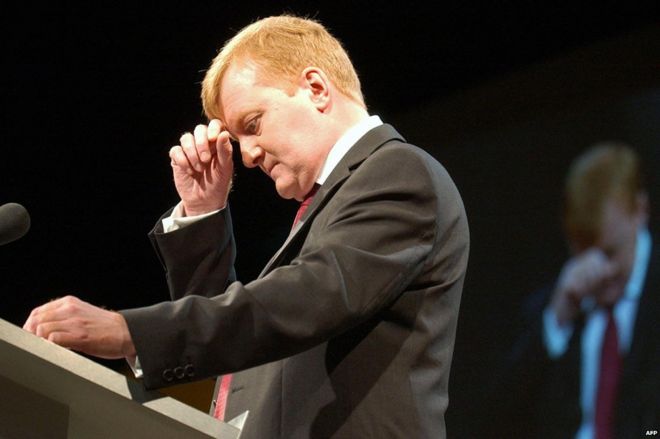
Former Liberal Democrat leader Charles Kennedy, who has died at the age of 55, found Parliament an apt arena for his charisma and political acumen. But was Westminster a particularly dangerous place for someone with an addiction to alcohol?
"Health holding up," the text messages read.
That was Charles Kennedy's code for telling Alastair Campbell it was a sober day, that he was winning his battle with the bottle.
The two talked often about drink and Campbell was a confidant and friend to Kennedy for several years, sharing his own experience of alcohol dependency. The former Labour spinner beat his addiction many years ago but Kennedy, in the end, could not.
Drink will not define the legacy of Charles Kennedy. There was far more to the former Liberal Democrat leader than that. Principled intelligence, abundant charm, a winning smile, a merry chuckle. Under his leadership the party won a record number of seats and voters warmed to him in a way that's very rare.
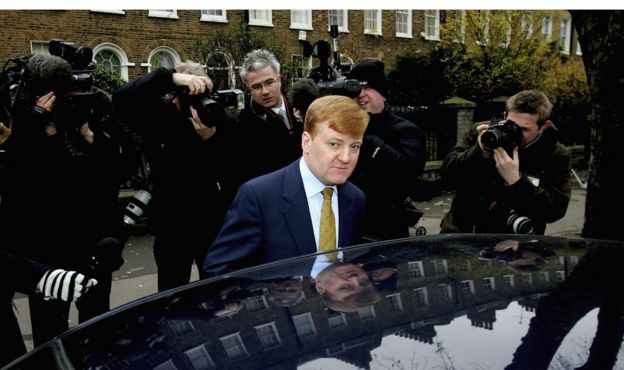
And yet, Charles Kennedy's alcoholism did shape his leadership years, years punctuated by cancelled press conferences, missed appearances in Parliament and a revealingly sweaty speech at a party conference.
There were rumours about Kennedy's drinking long before Jeremy Paxman tackled him about the subject on Newsnight in July 2002. Paxman asked Kennedy directly how much he drank and got a twinkly, knowing reply. "Moderately and socially, as you well know," he said with a grin.
But if Kennedy had hoped this conspiratorial reminder of shared past pleasures was going to shake Paxman off he was wrong. Paxman then asked if Kennedy drank privately and alone, "a bottle of whisky late at night?" Instantly, Charles Kennedy's face burned with anger and indignation. He snapped back: "No, I do not, no."
It was the first time the Westminster whispers and rumours about Charles Kennedy's drink problem were put publicly and directly to him. For the next three-and-a-half years, Kennedy's inner circle fiercely denied he had a problem. It was concealed and hushed up while they rode out Kennedy's own cycles of remorse and remission.
Why did Charles Kennedy drink? Only he knew. Speaking in interviews after Kennedy's death Campbell challenged the coy references to "demons" made by those paying tribute to Kennedy.
He had an illness, Campbell insisted. "Charles struggled with it and I think it's harder to struggle with if you're in the public eye. Sometimes he was winning the struggle and sometimes he was losing the struggle," he said.
The causes of alcoholism still split medical experts but it seems addiction is rooted in a combination of genetic, psychological and social factors. And we do not know how it felt for Charles Kennedy - or anyone dependent on alcohol - to be in the grip of a drug that anaesthetises the realities of life.
A few years ago I asked Sir Menzies Campbell, the former Liberal Democrat leader, why he thought Kennedy drank. "In Charles's case, in the first instance it was loneliness - dispatched into Westminster as a 23-year-old. It can be a very lonely place. Then stress and strain - having to assume greater responsibilities perhaps than he expected at an earlier stage. And maybe he just liked it, who knows."
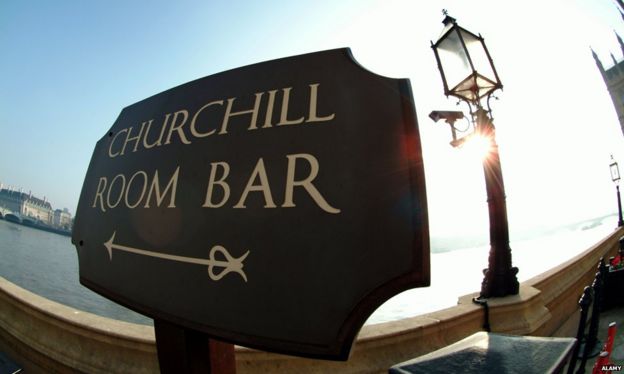
Only Charles Kennedy knew and he never took to the chat shows to talk about it.
But his death again throws the spotlight on to politicians and drink. Of course, alcohol is present in all walks of life and all professions and it has sloshed through the history of political life for centuries.
Drink enhances the exhilaration of political success and numbs its disappointments. It unknots in moderation and unbalances in excess. Prime ministers have grappled with this for years, from the port-dependent William Pitt the Younger, through to Asquith, Churchill, Wilson and even Tony Blair, who described alcohol as a "prop" in his memoir.
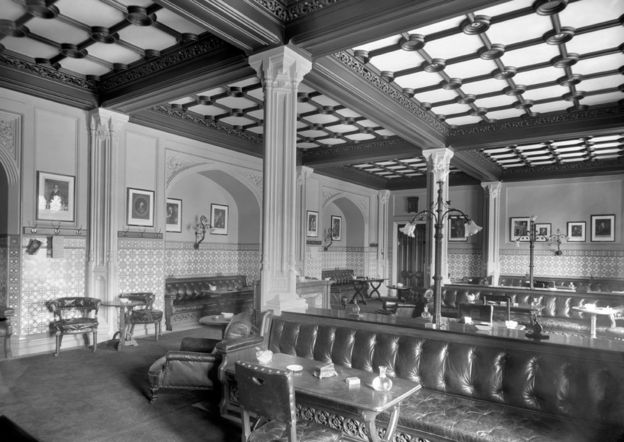
It's the same story in Parliament. In 1666 Samuel Pepys's diary records a pair of drunk MPs causing chaos in the Commons and the novelist Anthony Trollope described the inebriated antics of his own fictitious MPs.
Until the 1990s, the House of Commons late at night was a boisterous, alcohol-fumed melee, with Conservative MPs returning from an evening in the Smoking Room and Labour MPs stumbling back from a night of pints in Strangers' Bar. For the boozing MP there was, and remains, a large number of bars in the Palace of the Westminster in which to drink.
The shorter sitting hours introduced in 1997 changed that late-night drinking culture, as did the arrival of many new women MPs. The advent of 24-hour media scrutiny and the greater workload on Members of Parliament mean they cannot drift through the day in a drink-fuelled stupor.
But politics remains a lonely occupation for most MPs. A rollercoaster of hope, promise and exhilaration followed by boredom, disappointment and despair.
Separated from their families and friends it's perhaps no surprise many politicians end up drinking more than they should.
Drink is readily available and some such as Conservative MP and GP Sarah Wollaston have argued the culture has to change. The bars in Westminster are quieter than they were 20 years ago but Parliament's drinking still makes the headlines, most recently when the former Labour MP Eric Joyce kicked off a brawl in Strangers' Bar.
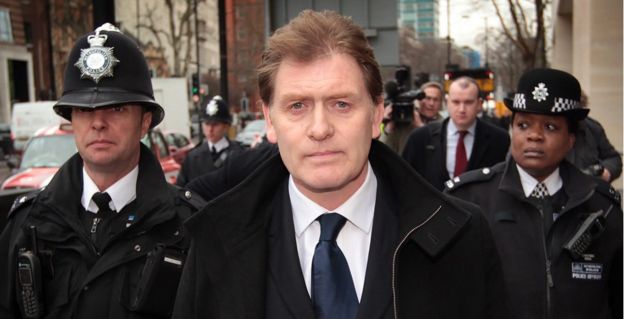
And what we don't see are the MPs drinking alone at home after a day in the Commons. One Labour MP told me, anonymously: "If you've got problems and you're struggling there are not many people here to help you. And I've seen one or two people turn to heavy drinking. And that's in the main because it's lonely. Long hours, away from your family. People start off with a few drinks, then have a few more and have a few more."
It's dangerous to generalise because alcohol affects people in such different ways. Political history is full of bon viveurs such as Churchill, Roy Jenkins and Alan Clark, who drank heartily and sociably but with seemingly little personal toll.
Then there are politicians such as the former Labour cabinet minister George Brown who was derailed by his dependency on drink. When he resigned the Times editorial comment echoed much of the affection felt for Charles Kennedy: "When it comes to the heart of the matter, to the courage that supports a nation, Lord George-Brown drunk is a better man than the Prime Minister sober."
With his impish sense of mischief and easy manner, Charles Kennedy was a politician many voters would have wanted to have a pint with. His flaw was that he often couldn't stop and he became the most recent senior politician to be undone by drink.
Ben Wright is in the process of writing a book on politics and alcohol.
Subscribe to the BBC News Magazine's email newsletter to get articles sent to your inbox.

No comments:
Post a Comment